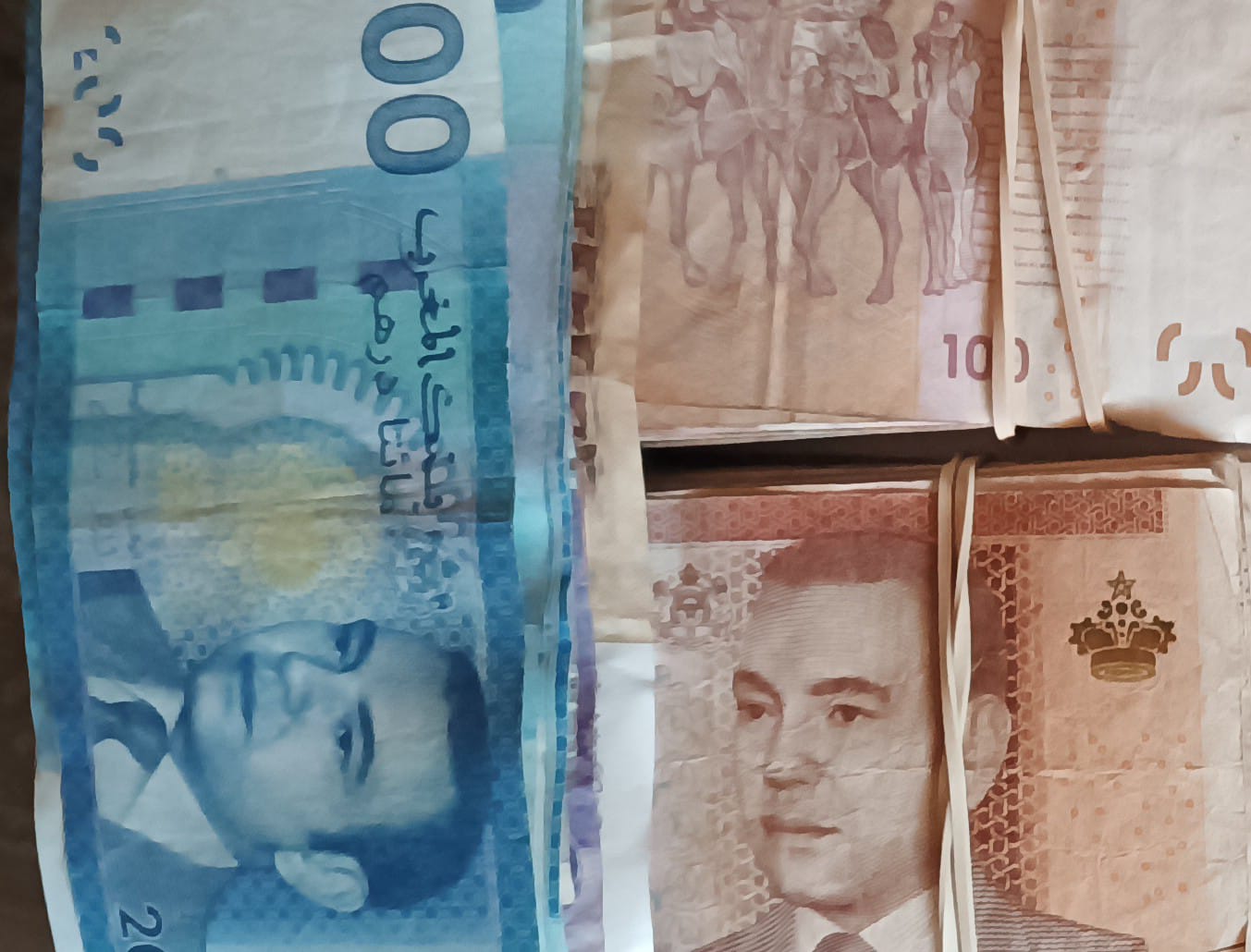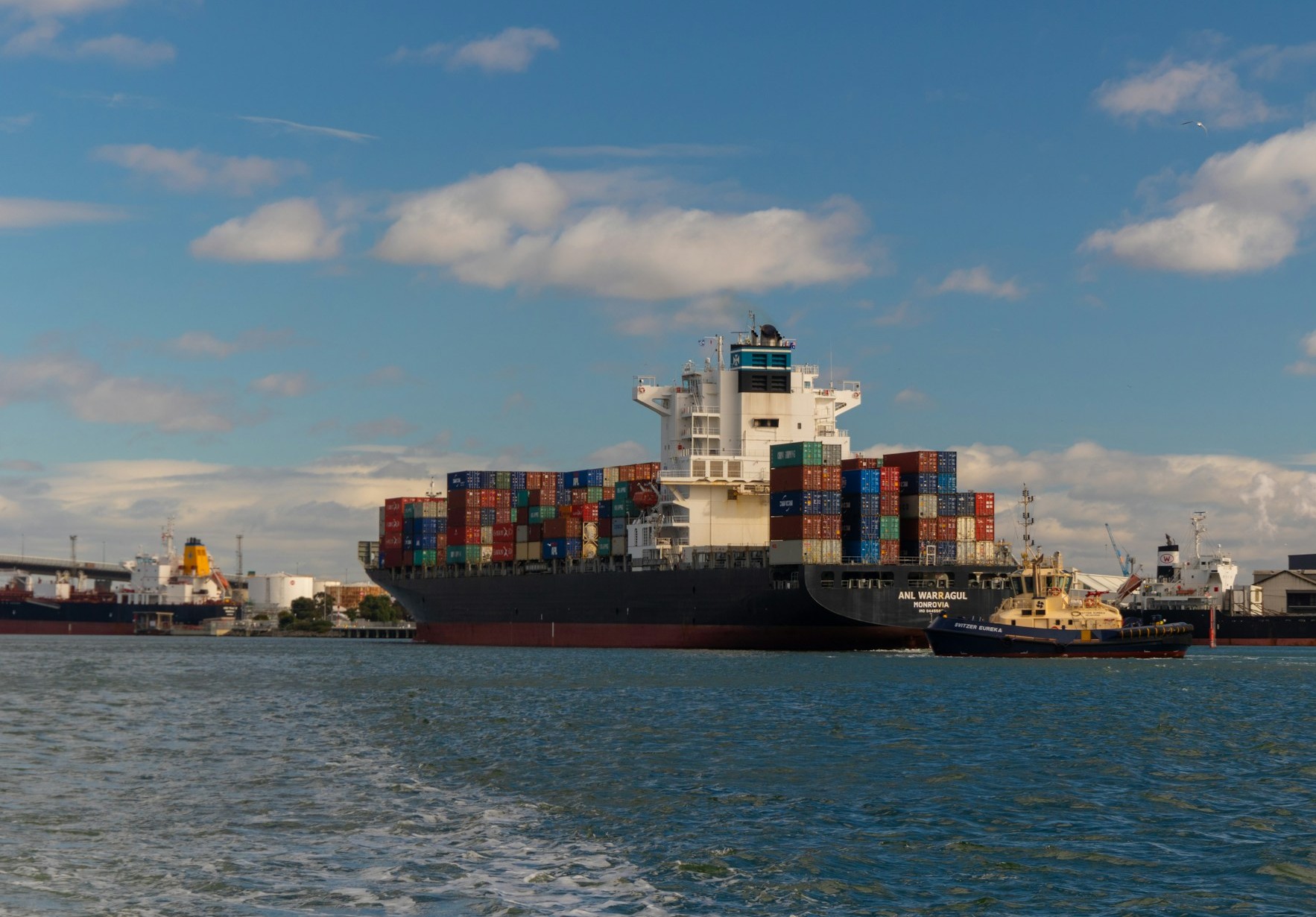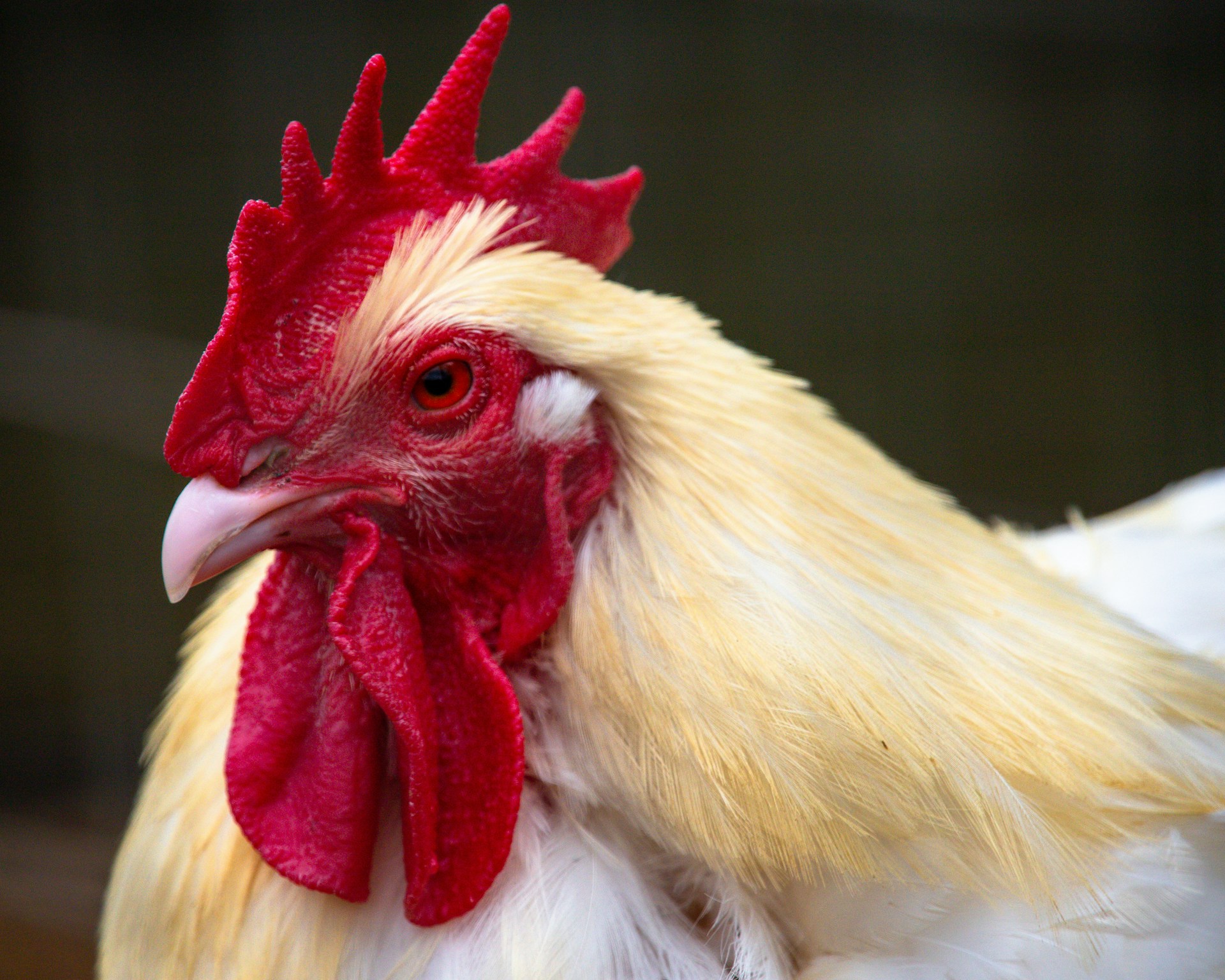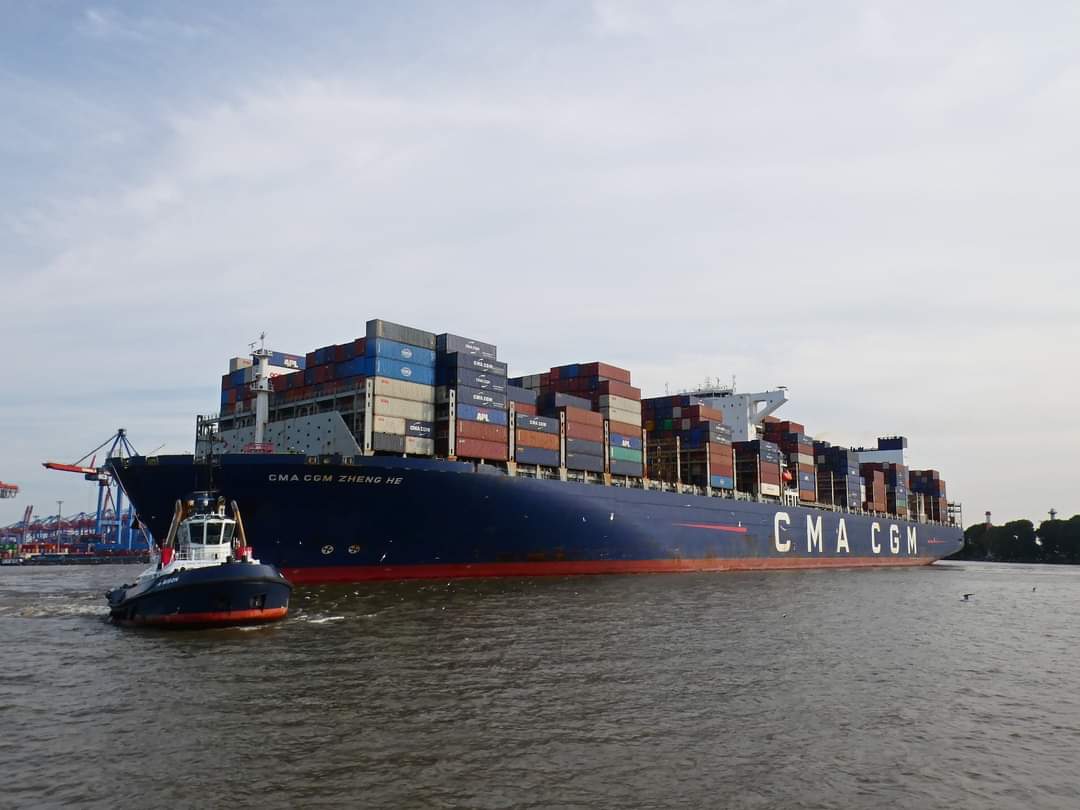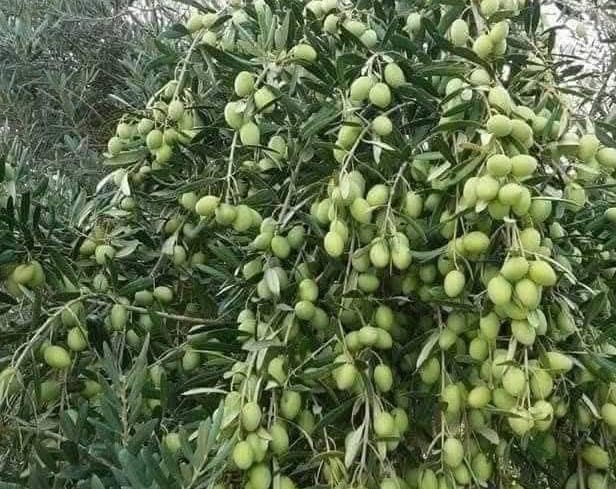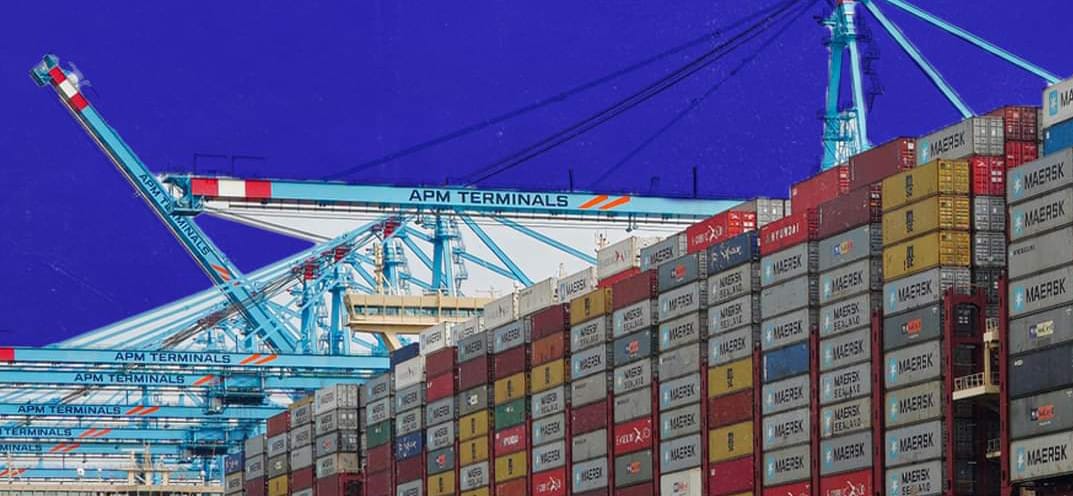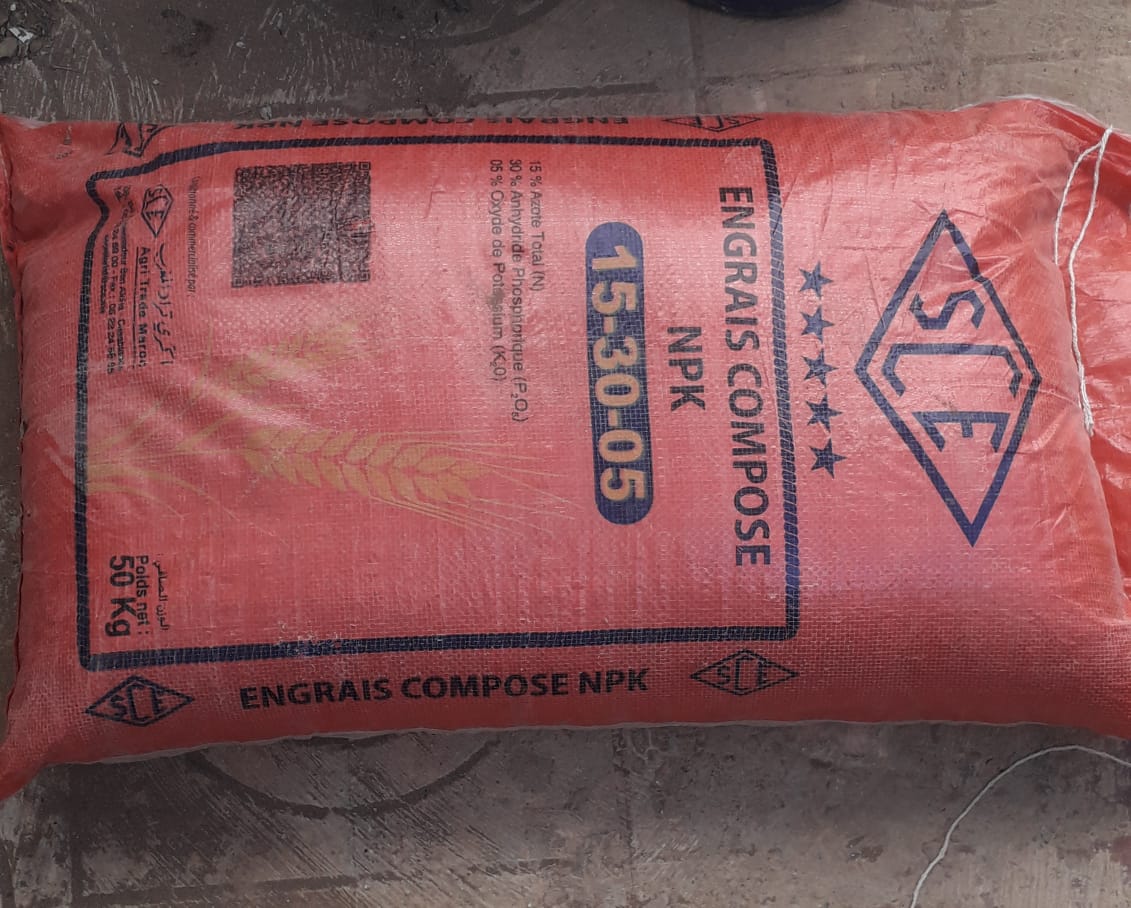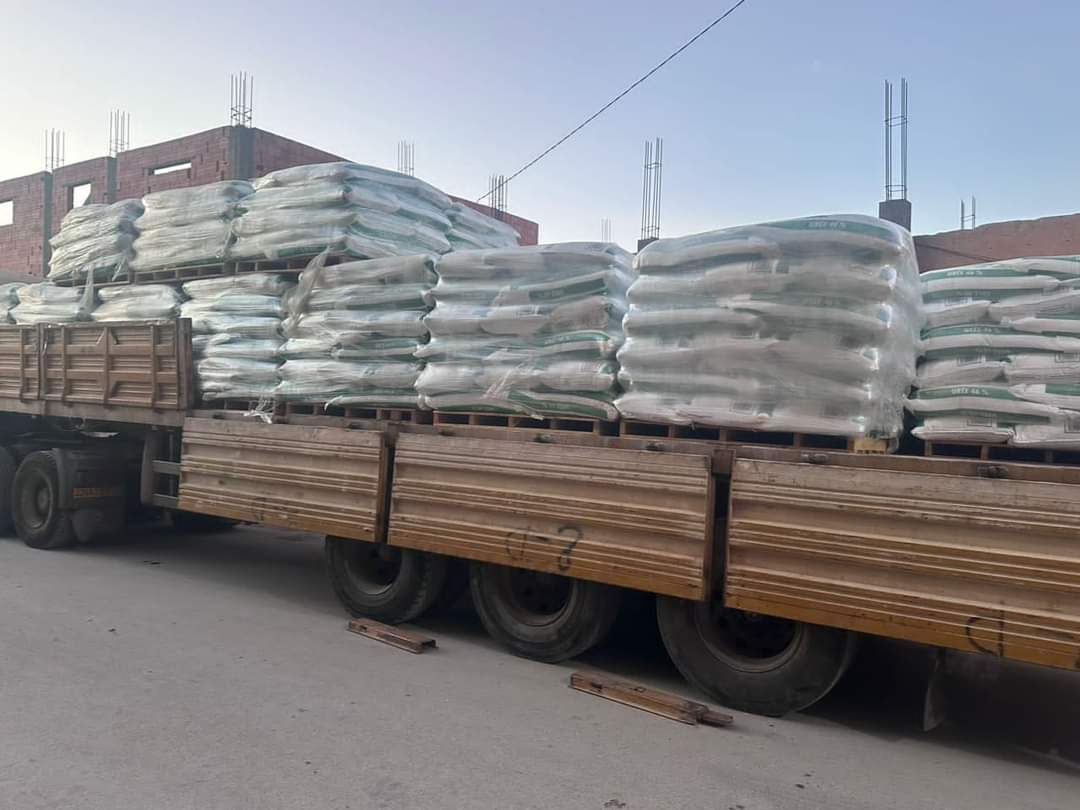Casablanca – Morocco has officially resumed imports of poultry meat from Brazil following a temporary suspension prompted by an outbreak of highly pathogenic avian influenza (HPAI) in several Brazilian states. The decision, announced by Brazil’s Ministry of Agriculture and Livestock, comes after health authorities in the South American country confirmed that the virus had been fully contained and that affected areas had been sanitized.
The outbreak, which was first detected in mid-May in the municipality of Montenegro, located in the state of Rio Grande do Sul, raised alarm among poultry-importing countries around the world. Additional cases were later confirmed in a zoo in Sapucaia do Sul and among wild birds in Mateus Leme. In response, numerous countries imposed temporary trade restrictions on Brazilian poultry products to prevent the potential spread of the disease.
According to the Brazilian government, a total of 42 international markets were impacted by the crisis, with 24 countries—including Morocco, China, the European Union, and Mexico—opting for a complete suspension of imports. Other countries implemented partial restrictions targeting specific regions, particularly Rio Grande do Sul, the epicenter of the initial outbreak.
Containment and coordination
Brazil, the world’s largest exporter of poultry, moved swiftly to contain the outbreak. On May 22, Brazilian health authorities concluded the quarantine in the affected zones, followed by full disinfection of commercial farms and wildlife enclosures where the virus had been detected. The Ministry of Agriculture officially notified the World Organization for Animal Health (WOAH) last week that the country was once again free of avian influenza.
Carlos Fávaro, Brazil’s Minister of Agriculture and Livestock, emphasized that the response to the outbreak followed all international health protocols and demonstrated the strength of Brazil’s veterinary oversight. “We are not celebrating the crisis, but we must recognize the resilience of our health system. We followed every guideline, eradicated the outbreaks, and are now responsibly moving toward the gradual resumption of international trade,” Fávaro stated.
The minister also noted that transparent communication with international partners and strict sanitary protocols were key to regaining the confidence of global markets. Brazil continues to engage closely with the health authorities of importing countries by providing updated technical data and certification processes to ensure product safety.
Global reactions and ongoing restrictions
Morocco joins a growing list of countries that have lifted restrictions on Brazilian poultry imports following Brazil’s declaration of disease-free status. Other countries that have taken similar steps include Algeria, Egypt, Iraq, Bolivia, El Salvador, and Bosnia and Herzegovina.
However, not all countries have followed suit. China, Malaysia, and Argentina continue to uphold full or partial import bans, citing the need for further monitoring. Malaysia, in particular, has maintained a complete ban on poultry imports from all Brazilian regions. Meanwhile, Saudi Arabia, Bahrain, Kuwait, Oman, and other Asian countries have opted for targeted restrictions limited to poultry sourced from the state of Rio Grande do Sul. The United Arab Emirates, Qatar, and Jordan continue to enforce specific bans on products originating from Montenegro municipality.
Morocco’s cautious approach
Morocco initially suspended poultry imports from Brazil in early June, shortly after Brazilian authorities confirmed the presence of HPAI in commercial poultry facilities. The Moroccan government, like many others, took the decision as a precautionary measure to avoid any risk to public health or the domestic poultry industry. The temporary ban was part of a broader international response that saw Brazil’s poultry exports severely disrupted in key markets.
The resumption of imports is expected to benefit both Moroccan consumers and businesses. Brazilian poultry is a significant part of Morocco’s meat supply chain, valued for its competitive prices and high export standards. Lifting the ban will also help stabilize local prices and meet the increasing demand for poultry products, especially during peak consumption periods.
Looking ahead
While the immediate threat posed by the avian flu outbreak in Brazil has passed, health authorities worldwide remain alert to the risk of new infections. The Brazilian government has pledged to maintain rigorous surveillance and rapid-response systems to detect and control any future outbreaks before they can affect public health or international trade.
Brazil’s handling of the situation is likely to be closely studied by other major agricultural exporters and international organizations as an example of disease containment in a high-stakes, globally interconnected food system.
For now, Brazilian poultry is once again welcome on Moroccan shelves, marking a cautious but optimistic return to normal trade relations between the two countries.


